Sport
Dollar
38,2552
0.34 %Euro
43,8333
0.15 %Gram Gold
4.076,2000
0.31 %Quarter Gold
6.772,5700
0.78 %Silver
39,9100
0.36 %Many African music producers believe the uniqueness of their sound is a barrier that AI can't easily break through despite the ease with which lyrics can now be generated, set to tune, recorded and released.
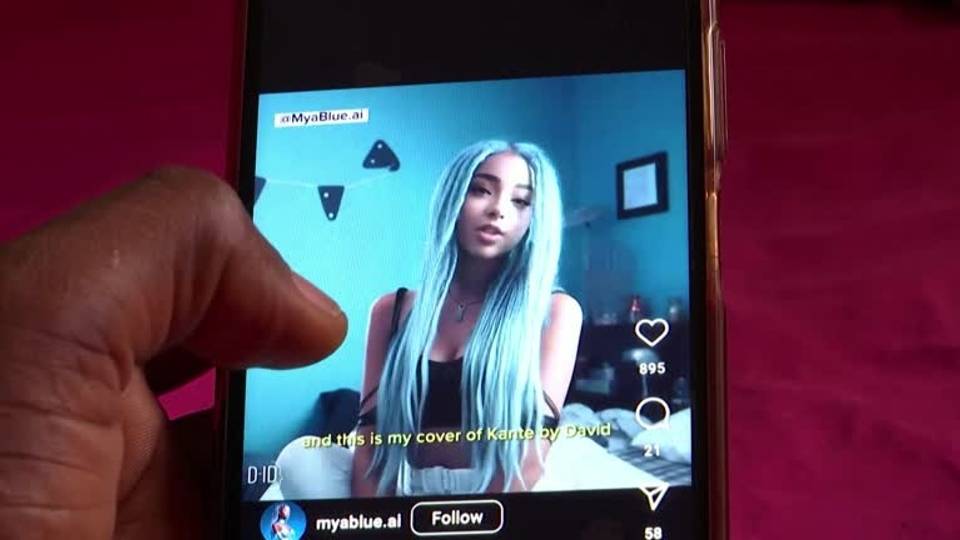
By Charles Mgbolu
Auto-Tune, a proprietary software that measures and corrects false pitch in singing, has existed for 27 years as a close ally of singers, including many famous performers.
Artificial Intelligence's seemingly infinite capabilities have, however, left the music industry in Africa and beyond shudder at the thought of human prowess in singing, composing and writing being pushed to the margins.
After all, it's not quite the same as farmers in Ghana using UAVs to detect diseases in their crops early, or healthcare providers in Rwanda employing AI-powered drones to optimise delivery of medicines to patients in remote areas.
In January this year, a study commissioned by the German music society GEMA and its French counterpart SACEM revealed that two-thirds of respondents fear Artificial Intelligence (AI) might render it impossible for them to sustain a living as musicians in the not-too-distant future.
In April, American music stars Billie Eilish, Nicki Minaj, and Katy Perry were among 200 music creators who jointly signed a petition calling on digital music developers to stop using AI to "infringe upon and devalue the rights of human artists".
The sense of alarm isn't misplaced. A social media user, Ghostwriter, released an AI-generated music track, "Heart on My Sleeve", in April 2023 with the artificially generated voices of American artists Drake and The Weekend.
Worse still, it was without their consent. The song amassed more than 11 million views on streaming platforms before it was pulled down following widespread condemnation.
But how long before AI destroys a human performance's energy, excitement and uncertainty with machine-made precision? Won't the knowledge that a hidden hand is ironing out imperfection rob art of its beauty?
An African contrast
In the African music space, there is a calmness among content creators, at least for the time being. Nigerian music producer David Simeon believes that the African music audience has helped form a barrier shielding the continent's music from the consequences of "negative AI".
"The African music audience is unique; they appreciate and connect with the details of music that make us African. The imperfections in music timing, our raw-sounding percussions, and the fragility of our human voices. This is what AI is still to achieve," Simeon tells TRT Afrika.
"AI is too perfect, and whatever it produces and calls African music will not connect with an African listener."
Ghanaian music executive Ralph Boakye Agyeman agrees, saying that AI is yet to master all of the African native instruments, which musicians from the continent often incorporate into their sounds.
"It is our way of keeping the art in our music authentic. Many performers still use very local instruments like animal bones and leather. It will be so difficult for AI to authentically replicate these sounds," says Agyeman.
Some artists are confident that AI can add the cutting edge to their music without taking anything away from the human element of a voice or composition.

In August 2023, Eclipse Nkasi, a Nigerian rapper, singer and music producer, went viral after news of him and three friends using OpenAI's ChatGPT program to create a nine-track album called "Infinite Echoes".
The quartet asked AI to auto-generate song lyrics and song titles, including "God Whispers", "Love Tempo", and "Dream Chaser". They then modified the words to match their chosen theme.
"It (AI) doesn't have to replace what we have. It gives people a new experience...
"There are certain things that will become obsolete" due to AI," Reuters quoted Nkasi as saying.
Like Nkasi, fellow Nigerian Simeon tried the AI music-generation route but pulled back when he felt his creativity begin to wane.
"AI should only be used as an idea source for melodies and arrangements, but it should not be used to replace the art," Simeon tells TRT Afrika.
Erosion of livelihood
Jen Jacobson, executive director of the Artist Rights Alliance, sounds an early warning of what AI could potentially do to the careers of those in the music industry.
“Working musicians are already struggling to make ends meet in the streaming world, and now they have the added burden of trying to compete with a deluge of AI-generated noise," she says.
"The unethical use of generative AI to replace human artists will devalue the entire music ecosystem.” Agyeman echoes this sentiment, saying African music artists must be careful when experimenting with AI.
"We already have African artists using Auto-Tune to pitch-correct their vocals while recording in studios. By doing so, we are gradually chipping away at our amour. We must realise that we are dealing with a computer that has a remarkable ability to train itself to learn," Agyeman tells TRT Afrika.
➤ Click here to follow our WhatsApp channel for more stories.
Comments
No comments Yet








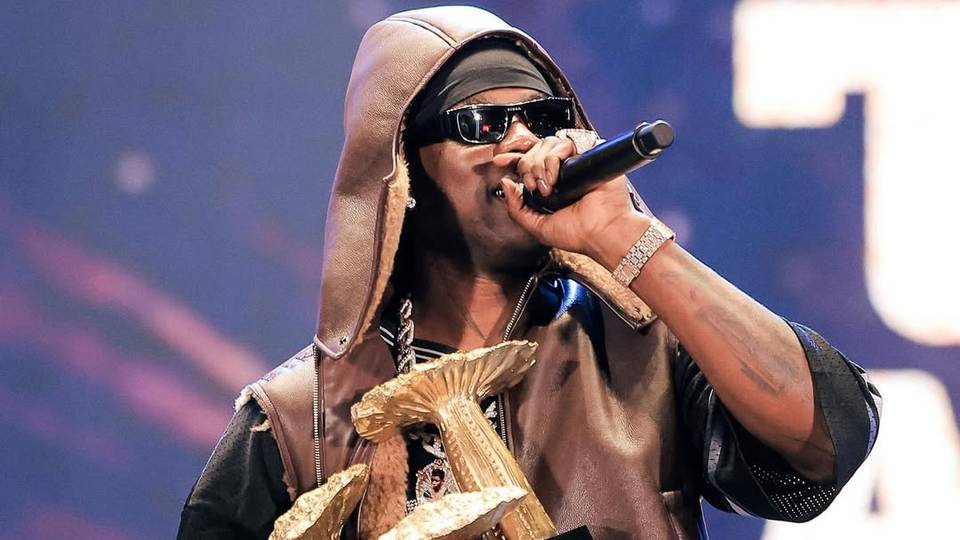
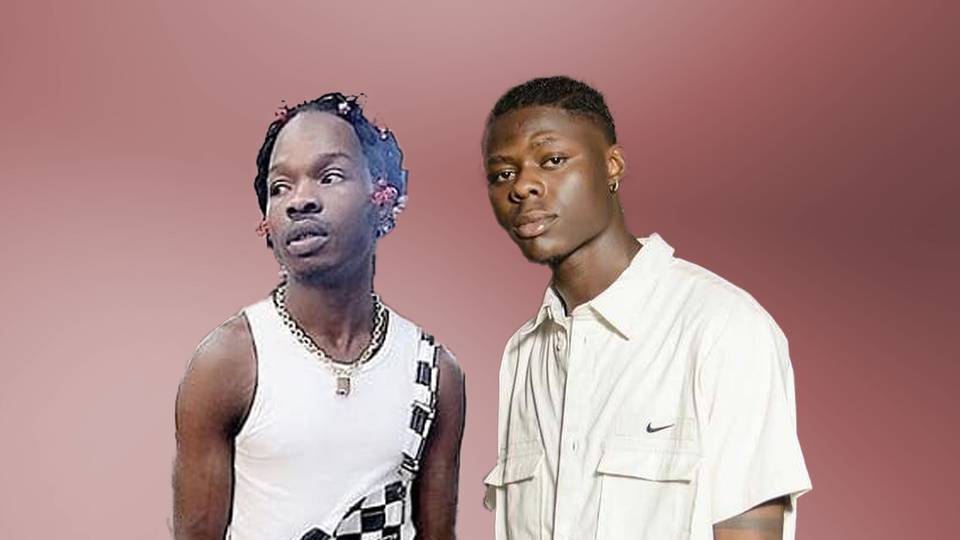
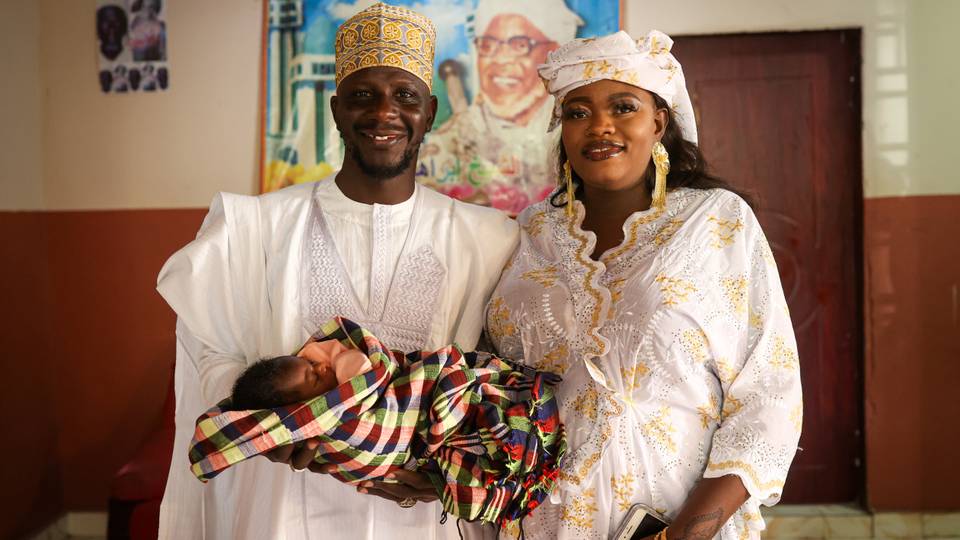
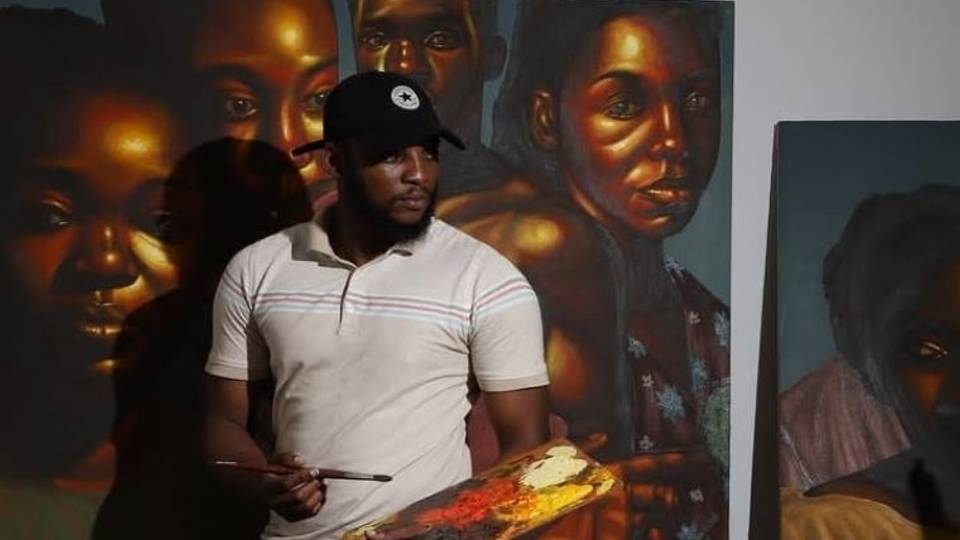








Comment